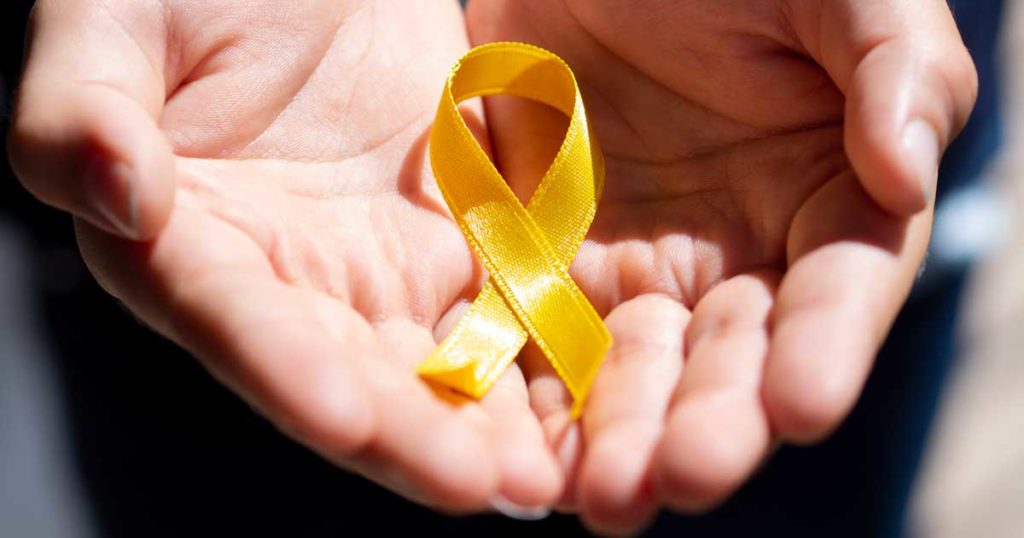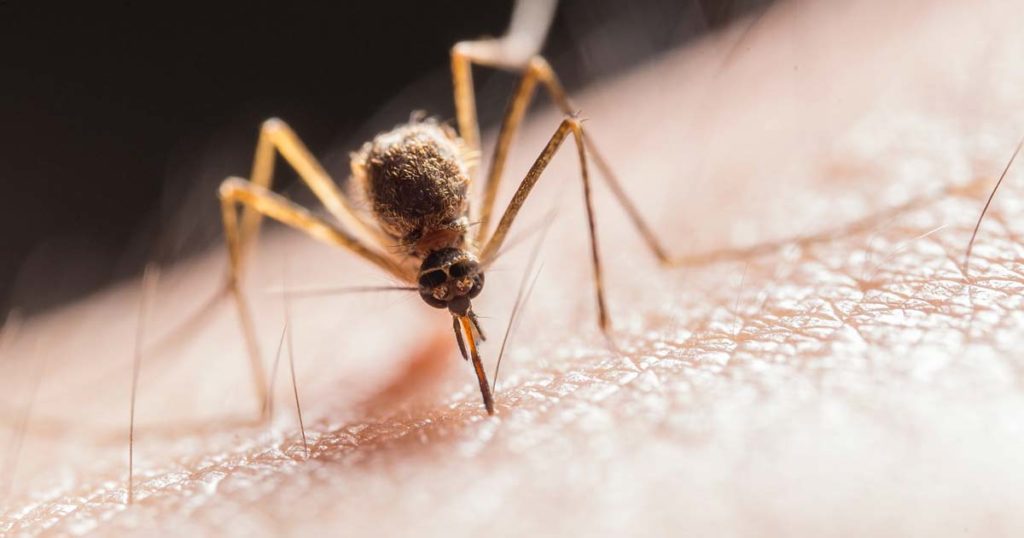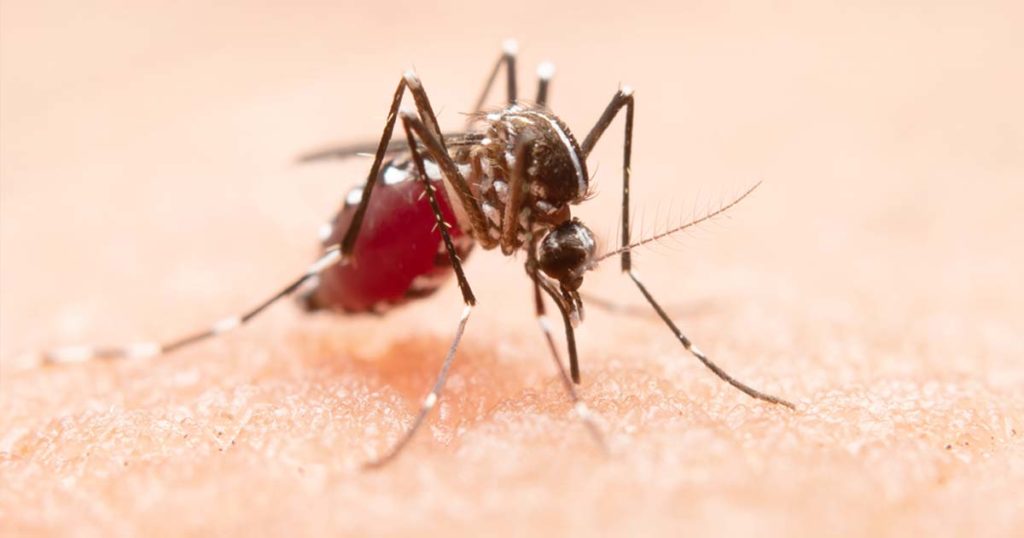Breast cancer is a serious disease that mostly affects women. Here you will find typical factors that increase the risk of breast cancer and tips on how to reduce the risk a little.
Breast cancer ( breast cancer ) is the most common cancer in women. Every year around 70,000 women develop it in Germany alone. Older women over the age of 60 are particularly affected, but younger women are not spared either – by the way, it can also affect men. If recognized in time, breast cancer has a good chance of being cured. That cancer is recognized is also in your hands.
Regular check-ups at the gynecologist and the independent palpation of the breast are the most important measures that every woman can perform.
Risk factors for breast cancer
How high the risk of breast cancer is depends on various factors. We’ll tell you what these are here. Please do not be afraid if one or more factors apply to you. That doesn’t mean you will get breast cancer by a long way. Neither does the reverse, which means you healthy stays if none of the risk factors apply to you. Because cancer is an insidious disease and the causes are very diverse. Stay vigilant and take regular preventive examinations from the gynecologist.
It is generally known that factors such as age, lifestyle, hormonal balance, and hereditary conditions have a major influence on the risk of cancer.
#1: First menstrual period
Women have no influence on this, but it is important to know that young girls get their first period earlier and earlier. Onset early (before 12 years) can increase the risk of developing breast cancer. If the bleeding continues until the mid-50s, this can also increase the risk. ” The onset of menstruation and menopause, and thus the total number of menstrual periods, are also factors that help determine the risk of the disease, ” explains the onko internet portal of the German Cancer Society.
#2: Overweight & too little exercise
Obesity is bad for health in many ways. The development of cardiovascular diseases such as heart attack or stroke is promoted by too many pounds. Studies have also linked the risk of developing cancer with being overweight. In particular, it can increase the risk of breast cancer for women, especially after menopause.
If an unhealthy diet in an everyday life, even in people of normal weight, this type of diet can increase the risk of cancer. It is better to have a balanced diet that provides the body with all the essential nutrients.
But not only a wrong diet, but also too little exercise has a negative effect on physical health. Anyone who does sport regularly, or at least taking 10,000 steps a day can improve your physical health.
So watch your weight, check your BMI regularly, and make sure you have a varied and healthy diet.
#3: Late pregnancies
If a woman has her first child late or if she does not get pregnant in the first place, the risk of developing breast cancer also increases. Because of the timing of pregnancy and breastfeeding can influence the risk of breast cancer. According to studies, women who breastfeed their children are less likely to develop breast cancer. Aside from this benefit for the mother, breastfeeding is also beneficial for the child’s immune system. If women can, breastfeeding should be attempted.
But: Mothers shouldn’t let themselves be put under too much pressure about breastfeeding, because here, too, there are some factors that make breastfeeding their own baby difficult or even impossible.
#4: Smoking
No matter whether active or passive smoking: Nicotine gets into the body and causes some damage there. Not only is the risk of lung cancer increases, but studies have also shown that women with breast cancer are more likely to smoke than non-smokers.
The same applies to alcohol, by the way. There is nothing wrong with a glass or two of wine. Excessive alcohol consumption, on the other hand, can promote the development of breast cancer.
Risk factor 5: hormone therapy
Hormones are abundant in the human body and they perform important functions. Unfortunately, they keep getting out of balance. Especially in women during menopause. Sometimes the resulting problems are so severe that hormone therapy must be taken. However, they increase the risk of breast cancer.
#6: Changes in the mammary gland tissue
Changes in the mammary gland tissue are not synonymous with cancer. Often these are benign tumors. Nevertheless: changes should be treated with caution. Cancer cells can one day develop from benign changes.
#7: Cancers in the family
The risk of breast cancer is also genetic. Be twice as careful and make regular checks if one of the criteria applies:
at least three women in the family have/have had breast cancer
at least two women have/had had breast cancer, one was under 51 years of age
at least one woman in the family has/had breast cancer, a second ovarian cancer
at least two women in the family have/have had ovarian cancer
at least one woman has breast and ovarian cancer
at least one woman in the family has developed breast cancer before the age of 36
At least one first-degree relative has/had bilateral breast cancer before the age of 50
#8: Age
Current evaluations have shown that one in eight women will develop breast cancer in their lifetime. Younger women are less affected, and the risk increases with age: “Only from the age of 40 and especially from the age of 50 does the risk increase, and then decrease again from around 70 years”, reports the once internet portal of the German Cancer Society.
#9: No precaution
Early detection is arguably the most important factor that we can all influence ourselves. Early detection is an immensely important point in the fight against breast cancer and other cancers. Women should therefore go to a gynecologist for a check-up at least once a year.
In addition, all women should feel their breasts every month. The mammary gland tissue can change a little, even within the cycle. It is important to notice these changes and to recognize unusual things as early as possible and to discuss them with the gynecologist. So feel your chest yourself every month.
Important note: The content of the article is for information only and is not a substitute for a doctor’s diagnosis. If you are unsure, have urgent questions, or have complaints, you should contact your doctor.






